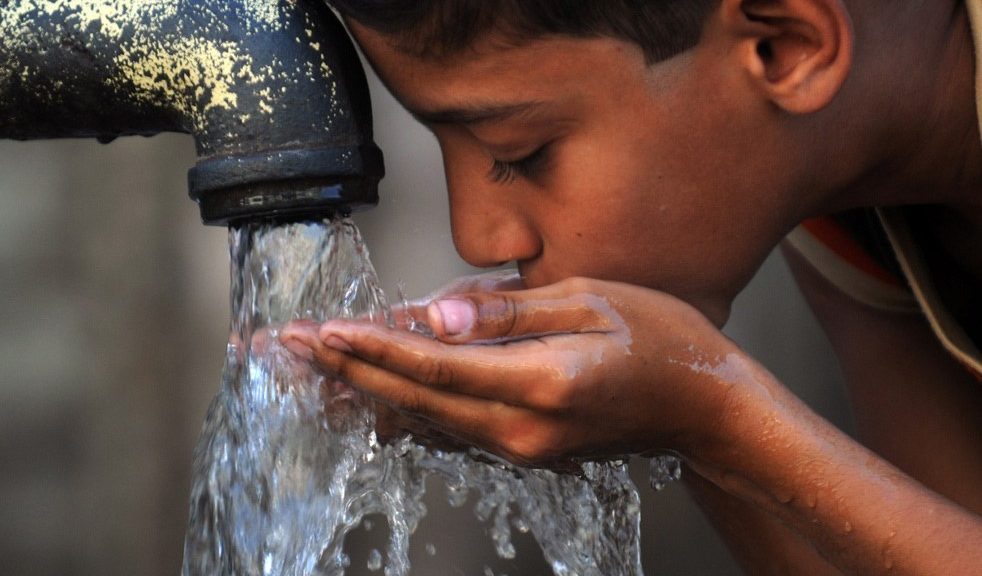
The rising problem of drinking water contamination in India and how testing of drinking water helped solve a contamination issue in Maharashtra
The world is facing a barrage of environmental issues due to various factors like the rise in population, global warming, overutilization of resources etc. India is one of the largest and most populated countries in the world and has its own share of environmental issues and drinking water contamination is a major issue which affects millions of Indians each year.
Major Sources of Drinking Water contamination in India:
In a country as large and diverse as India there are different sources of drinking water pollution ranging from agricultural pesticide runoff, dumping of waste in major rivers and water sources without proper treatment, crowded urban areas and improper sanitation practices which lead to poisoning of groundwater etc. Let’s discuss this further in detail:
Agricultural Pesticide Runoff: As India is still an agricultural country a huge amount of water is utilized for agricultural purposes. The pesticides and fertilizers that are utilized in everyday farming activities seep into the groundwater and surface water and cause drinking water contamination. This not only affects the water but also the flora and fauna in the vicinity, fodder, farms and air quality.
Improper treatment of disposed water: India has many major rivers flowing throughout the country and most of them though not polluted at the source get heavily polluted once they reach agricultural and industrial land and populated urban areas due to pesticides, industrial effluents and untreated sewage water. One such example is the river Yamuna which flows through Delhi and accounts for 80% of the river pollution as it is such a densely populated urban area with no proper sewage treatment system which can also affect the cities drinking water sources.
Improper sanitation practices: As India is still a developing country and many of the urban as well as rural areas do not have proper sanitation facilities many people choose to defecate in open areas which can cause the spread of diseases such as cholera, typhoid and gastrointestinal problems. Bacteria and viruses from faecal matter seep into the ground and open water sources and can adversely affect the quality of drinking water.
Case Study of infected drinking water sources in Maharashtra
India to this day is still a majorly rural country and the people in these villages and towns heavily rely on wells and other open water sources for their drinking water. However, there can be contamination of the drinking water due to various sources of contamination like agricultural activities, poor sanitation, flood and other natural calamities.
Recently, In the Amravati district of Maharashtra, about 50 people fell ill after consuming contaminated water from open wells, the victims were said to be suffering from diarrhoea, skin infection and respiratory problems. After a thorough investigation and testing of the water of various open wells, they realised that there was a high amount of bacterial and pesticide contamination which was occurring due to the farming activities in the vicinity.
The officials were able to take cognisance of the issue and treat the well water, which drastically reduced the number of infections in the village.
Thus protocols for regular testing of drinking water, especially for a country like India where drinking water is drawn from wells, rivers and other open sources is of utmost importance so as to maintain good health of the people and to avoid any contamination and diseases.




